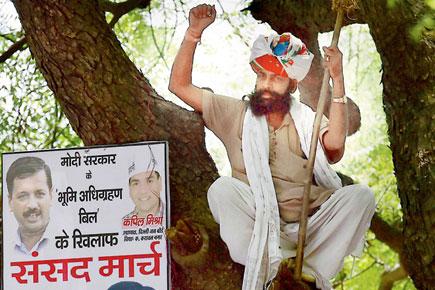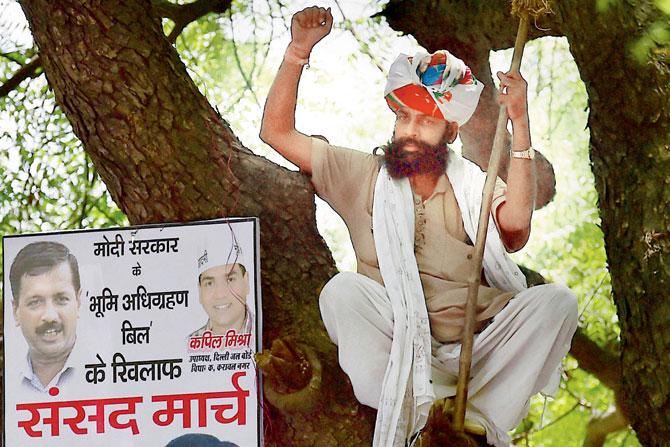I had the same tense discussion with two close friends in the same week

 I had the same tense discussion with two close friends in the same week. Both times it was over the word elite. Both friends were hurt and upset when I used the word elite in referring to them (and myself). It was as if they felt I had rudely criticised them. I was perplexed by why either would think that it was in some way a slight, when I felt, all I was saying was that in a country like India, where many people don’t have rights over their own bodies leave alone access to food, shelter, care -- people like us, who have access to education, mobility, food, shelter, health care and leisure are clearly elites in that society.
I had the same tense discussion with two close friends in the same week. Both times it was over the word elite. Both friends were hurt and upset when I used the word elite in referring to them (and myself). It was as if they felt I had rudely criticised them. I was perplexed by why either would think that it was in some way a slight, when I felt, all I was saying was that in a country like India, where many people don’t have rights over their own bodies leave alone access to food, shelter, care -- people like us, who have access to education, mobility, food, shelter, health care and leisure are clearly elites in that society.

Gajendra Singh sitting on tree during the Aam Aadmi Party (AAP)'s rally. He committed suicide a few moments later. Pic/ PTI
Persistent discussion revealed that for most though, the word elite implies, someone very rich, and maybe undeserving of what they had, someone who has not worked hard to earn what they have as we do. It’s as if by using the objective description, elites, I derecognised their struggles or their helplessness in a politically complex and often adversarial system. Because we all feel we don’t have what we deserve, and that we are at the mercy of other, well, elites.
Partly because the idea of elite as very rich implies uncaring zamindar characteristics. And none of us would like to think we are uncaring – and in essence we are not. But it’s also true that for several years now, not just cinema and television (at least in Hindi) but even our news media (supposedly reality) has ceased to show a heterogenous India to itself. The reference point for what is India is far more homogenously middle class. Development, is an upmarket brand now. To speak of the poor, the landless, the disenfranchised happens little. The media doesn’t report or ask much from that point-of-view and in fact those who raise these questions are quickly villainised and branded anti-national.
It is as if through this electronic shadow play of the media, our reality becomes the overwhelming one -- the real reality so to say. In such a situation, one’s good fortune never seems to be that -- we always see ourselves as the ones with less. One could argue that’s simply human nature and even the richest feel it. But it’s also true that there are not too many things around us to remind us that we have where, or because, others do not.
In these gradual ways people, even when they are around us become invisible and realities become insubstantial to us. Poor people appear on our screens rather as developing countries appear on first world screens -- as quaint exotica, or the spectacle of disaster or tragedy, often framed by ‘tradition’ (because festivals and rituals we observe in cities are not, like tradition, hai na? Only some backward Indians have it).
In other words we sometimes speak of more than half the country as if we are foreigners or they are foreigners -- take your pick. That is why perhaps it is possible, as a man hangs himself in a crowd, for TV cameras to simply train their cameras upon him -- and feel they are doing their job. For there to be no qualms about showing this on television. For people to watch and not seem utterly traumatised. For some people to tweet that well, the man was an AAP activist, so obviously can’t tell with these anarchist types. When all of reality is ephemeral, only our own pain -- or anger, or indignation -- feels really real I suppose and suffuses our vision and senses. It is a lonely, fearful place we find ourselves in indeed.
Paromita Vohra is an award-winning Mumbai-based filmmaker, writer and curator working with fiction and non-fiction. Reach her at www.parodevi.com.
The views expressed in this column are the individual’s and don’t represent those of the paper.
 Subscribe today by clicking the link and stay updated with the latest news!" Click here!
Subscribe today by clicking the link and stay updated with the latest news!" Click here!







